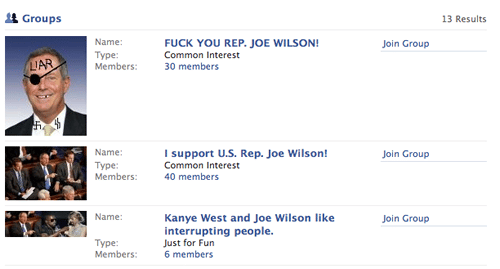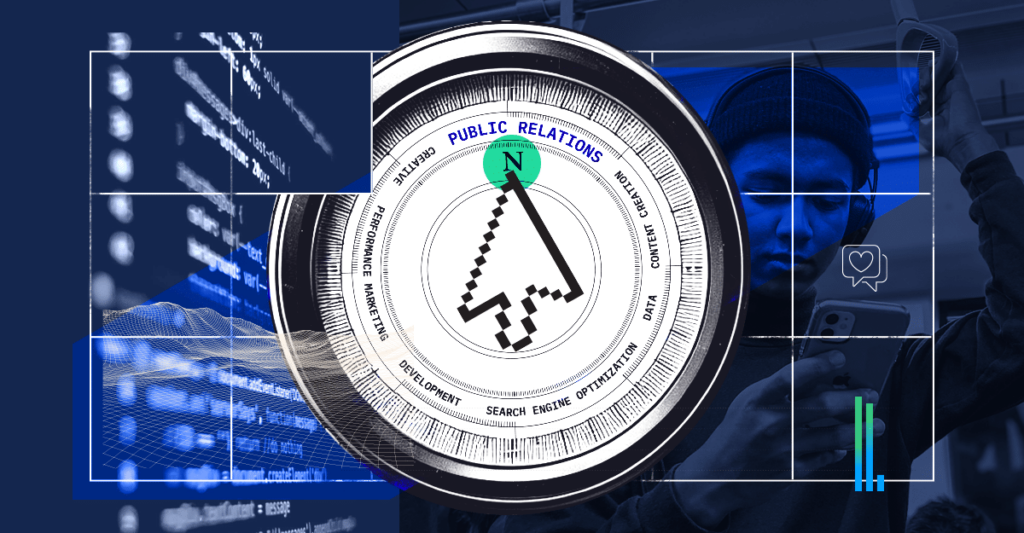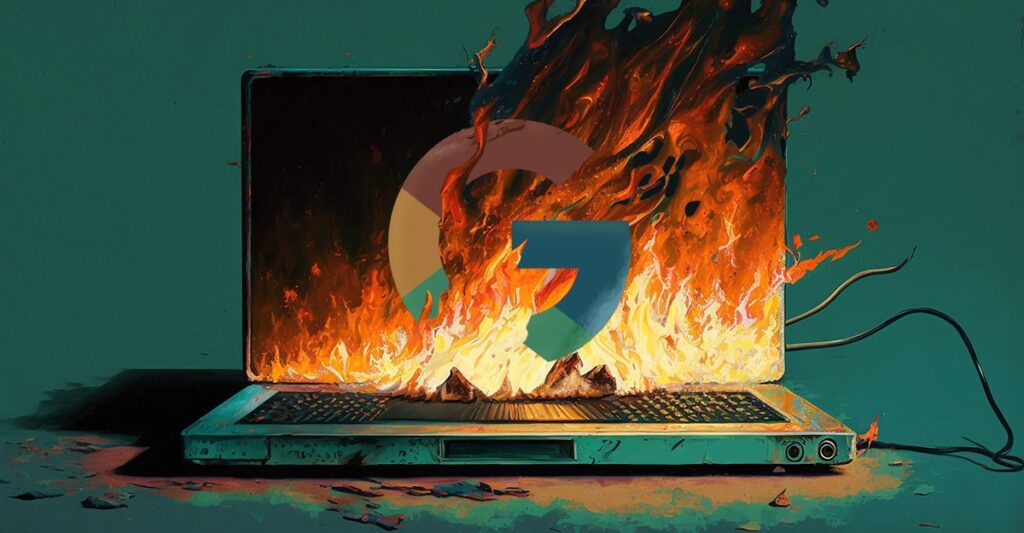photo credit: Nick J Webb
Whether dealing with a Twitter avatar, teenager, office associate you see each day, ex-boyfriend or StumbleTrolls, resorting to ugly name-calling is counter productive. Because social media amplifies physical life and vice a versa, it’s doubly important to be civil.
A review of the daily news and subsequent social media buzz highlights how damaging rhetoric flares between physical and online channels.
“You lie!” Regardless of whether you agree with Congressman Wilson or not, he was criticized for his lack of civility. Wrong time, wrong place.  But there is something more than a lack of congressional civility at issue. Congress has never been a model of civility. Remember Aaron Burr and Alexander Hamilton settled their dispute with a duel.
But, such behavior is becoming more acceptable in our everyday lives.  The diplomacy of every day interactions is giving way to name calling, angry outbursts and hyperbolic rhetoric.  Otherwise rational people try to one up each other with degrading labels slung at anyone who thinks differently, dares cross their interpretation of the truth or looks at them funny. This is a problem that transcends political, religious or civic affiliations.
What does name-calling get us?  Liar, cheat, thief, lazy, socialist, fascist, ….none of these labels work towards a more peaceful existence – for anyone.  This isn’t about global peace, this is about peace in your home, school, family and community.
Just look at how Congressman Wilson’s name-calling was amplified in Twitter as a national leader fostered a nasty dynamic:
If you label someone a liar, do you feel better? If you call an idea or person your Facebook friend supports stupid, unpatriotic or evil what have you proven?  That you can write a nasty email or scream across a crowded bar (in cyberspace)?   Instead, name-calling serves to entrench everyone in their positions to prove they are correct in their labeling or to prove that the label is false.  No civil exchange of ideas can take place with those words on the table.
Our energy is better spent finding ways around the misunderstanding (the “lie” may actually be someone else’s fair interpretation of an event or a difference in philosophy). “I’m sorry that’s now how I recall our decision, can we find a way to work through this” would be so much more productive to long-term peace over the Thanksgiving table than “I never agreed to host Uncle Tim, that fascist louse, for the holidays. I can’t believe you would tell such a lie to everyone, but what should I expect you are such a liar about everything.” Even simply agreeing to disagree would be better for all.  “I am so sorry we don’t recall the discussion the same. I simply don’t have room in my new condo to host the entire family. Perhaps we can meet Uncle Tim for a movie after dinner.”
Yes, there are liars in this world. Cheats, lazy people and also sorts of other bad people.  There are ways of holding people accountable if they have breached a law or contractual obligation. But, in day to day dealings with the co-worker in the next cubicle, our family and even the person in front of us at the store, throwing out such labels does nothing but bring us all down.
Shouldn’t we be better than hurling epithats at someone we don’t like with whom we have a disagreement by now? Haven’t we all had enough therapy, conflict resolution and anger management training to know better?  My mother told me “if you can’t say something nice don’t say anything at all.”  Sometimes, I am very quiet.
But, I never regret refraining from name-calling. Sometimes I even find out the other side of the story and realize my initial impression wasn’t based on all the facts – and (horror!) I may have even been wrong.  But, I don’t have to say I’m sorry or find a way to make amends if I simply accept that same people don’t see the world the same way I do.  Depending on the issue, I can decide whether to invest in finding a middle ground, improving communication for next time or simply walking away.
Which brings us back to Joe Wilson. What did he gain by calling the President a liar? He certainly cheered his constituency. But, did he make it possible for his position to be heard, considered fairly and maybe move leaders’ opinions? Probably not.  So what is better for the issue: to cheer your base or create an atmosphere where mature, thoughtful dialogue can occur on any issue that may bring about improvement in the situation?  I suppose the ultimate answer is whether you want to be part of the problem or part of the solution.
Laura Weintraub is a Duluth, Minnesota Attorney













